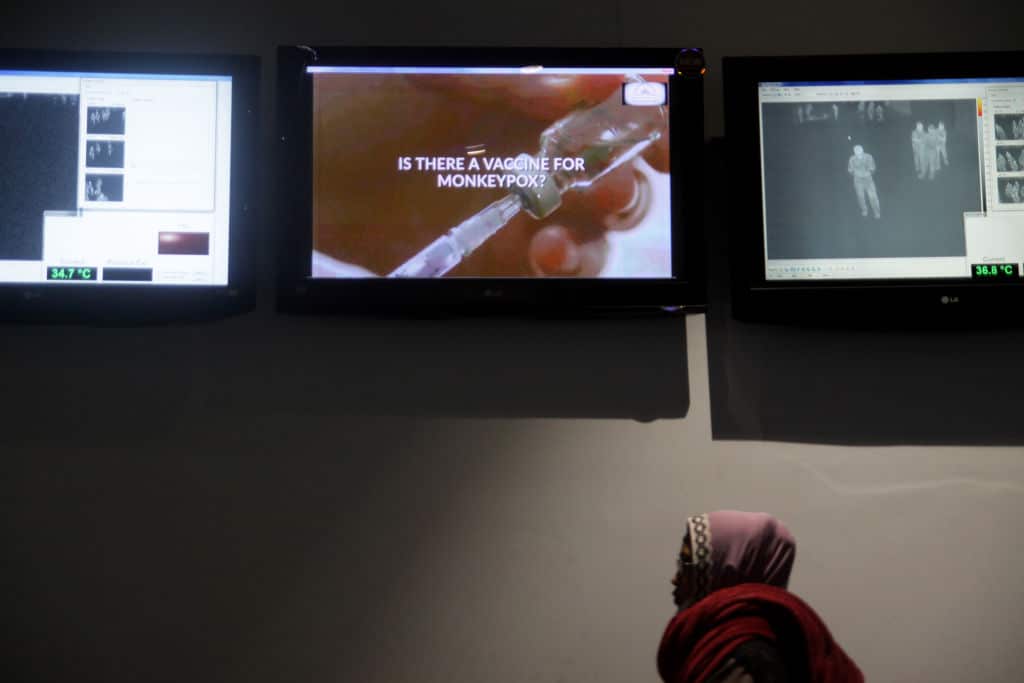Topline
On Friday, the World Health Organization (WHO) convened with a group of global experts who have agreed on new names for monkeypox virus variants, as part of ongoing efforts to align the names of the monkeypox disease, virus and variants—or clades—with current best practices.
Key Facts
To ensure current best practice, experts have stated that newly-identified viruses, related diseases, and virus variants should be given names with the aim of avoiding “offense to any cultural, social, national, regional, professional, or ethnic groups, and minimize any negative impact on trade, travel, tourism or animal welfare”.
“The monkeypox virus was named upon first discovery in 1958, before current best practices in naming diseases and viruses were adopted. Similarly for the name of the disease it causes. Major variants were identified by the geographic regions where they were known to circulate,” WHO said in a statement.
The group reached consensus on new nomenclature for the virus clades that is in line with best practices.
They agreed on how the virus clades should be recorded and classified on genome sequence repository sites.
Loading...
Consensus was reached to now refer to the former Congo Basin (Central African) clade as Clade one (I) and the former West African clade as Clade two (II). Additionally, it was agreed that the Clade II consists of two subclades.
“They discussed the characteristics and evolution of monkeypox virus variants, their apparent phylogenetic and clinical differences, and potential consequences for public health and future virological and evolutionary research.”
According to Forbes, WHO has created an open forum for proposals to alternatives for the name change of the monkeypox virus. The open forum comes after a group of scientists from Africa warned that there was an “urgent need” to change the name, because of its stigmatizing potential.
The naming of lineages will be as proposed by scientists as the outbreak evolves. WHO has said that experts will be reconvened as needed. Although there is no confirmed date of the new name, the new names for the clades will go into effect immediately while work continues on the disease and virus names, according to WHO.
Key Background
Since early May 2022, cases of monkeypox have been reported from countries where the disease is not endemic, and continue to be reported in several endemic countries.
According to WHO, most confirmed cases with travel history reported travel to countries in Europe and North America, rather than West or Central Africa where the monkeypox virus is endemic.
Monkeypox is usually a self-limited disease with symptoms lasting from two to four weeks. Monkeypox is transmitted to humans through close contact with an infected person or animal, or with material contaminated with the virus.
“Monkeypox virus is transmitted from one person to another by close contact with lesions, body fluids, respiratory droplets and contaminated materials such as bedding,” WHO has explained. “Monkeypox is a viral zoonotic disease that occurs primarily in tropical rainforest areas of Central and West Africa and is occasionally exported to other regions.”
Loading...
